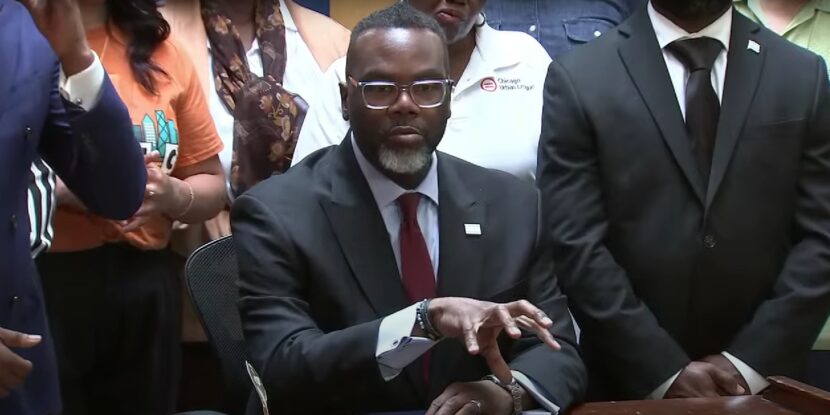PULSE POINTS:
❓What Happened: Friedrich Merz failed to secure enough votes to become Germany’s Chancellor (Prime Minister) on an initial ballot in the German legislature, the first time such an event has occurred since the Second World War. However, he managed to secure sufficient votes after a second attempt.
👥 Who’s Involved: Friedrich Merz, Christian Democratic Union (CDU), Christian Social Union (CSU), Social Democrats (SPD).
📍 Where & When: German Bundestag (Parliament), May 6.
💬 Key Quote: “It is an annoying process, but in a parliamentary democracy, in a liberal country, this is unfortunately one of the scenarios that you have to be prepared for,” complained Johann Wadepuhl, Merz’s prospective foreign minister, after he failed to pass the initial ballot.
⚠️ Impact: The failure to elect a chancellor on the first ballot was historic; there was a potential for new elections if a majority had not been reached within 14 days.
IN FULL:
Friedrich Merz, the leader of Germany‘s notionally conservative Christian Democratic Union (CDU)—formerly led by Angela Merkel—did not secure enough votes in the Bundestag to become Chancellor in an initial ballot. This marks the first time since World War II that a candidate for Chancellor has failed to win on the initial ballot in the German legislature.
Merz required a majority of 316 votes to succeed but fell short by six votes, obtaining only 310 out of 630. His coalition, which includes the CDU, its Bavarian sister party the Christian Social Union (CSU), and the leftist Social Democrats, holds a slim majority with 328 seats. The secret ballot nature of the vote means it is unclear who within his coalition did not support him, although he managed to push through with 325 votes on his second attempt.
If Merz had not managed to secure a majority within 14 days, the German president, who generally plays a largely ceremonial head of state role in national politics, could have been forced to intervene and either appoint the candidate with the most votes as Chancellor or dissolve parliament, prompting a new national election.
Johann Wadepuhl, set to become Merz’s foreign minister, said of Merz’s initial failure, “It is an annoying process, but in a parliamentary democracy, in a liberal country, this is unfortunately one of the scenarios that you have to be prepared for.”
Meanwhile, Alice Weidel, co-leader of the largest opposition group, Alternative for Germany (AfD), criticized Merz’s coalition—roughly equivalent to a Republican-Democrat alliance—calling it a “weak foundation.” She has urged for Merz’s resignation and the initiation of new elections.
The vote comes less than a week after the German domestic intelligence service declared the AfD a right-wing extremist organization, allowing surveillance measures directed at all party members and the use of informants. The move was met with significant criticism from the Trump administration.




















